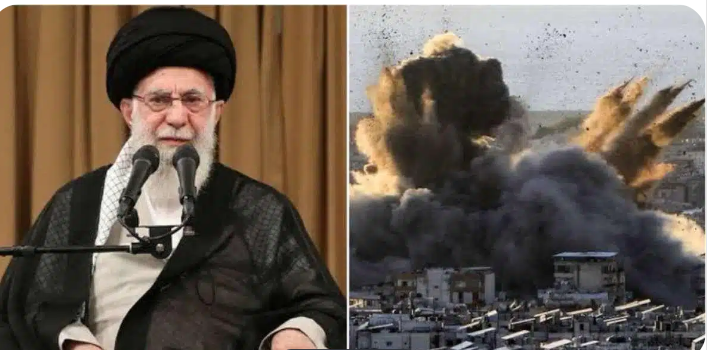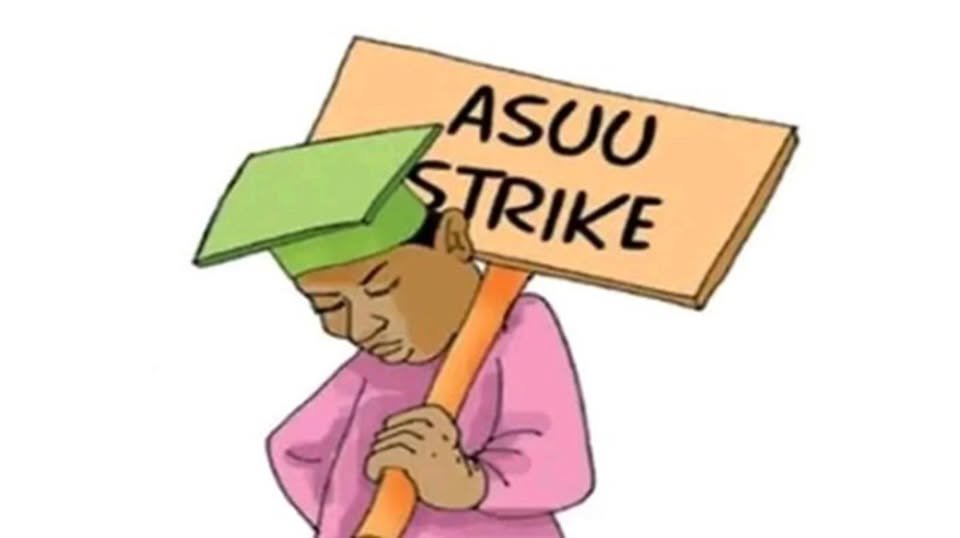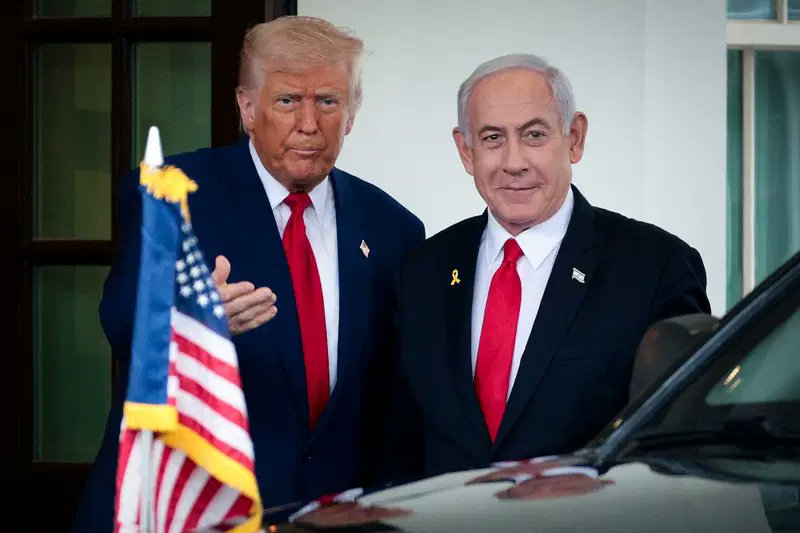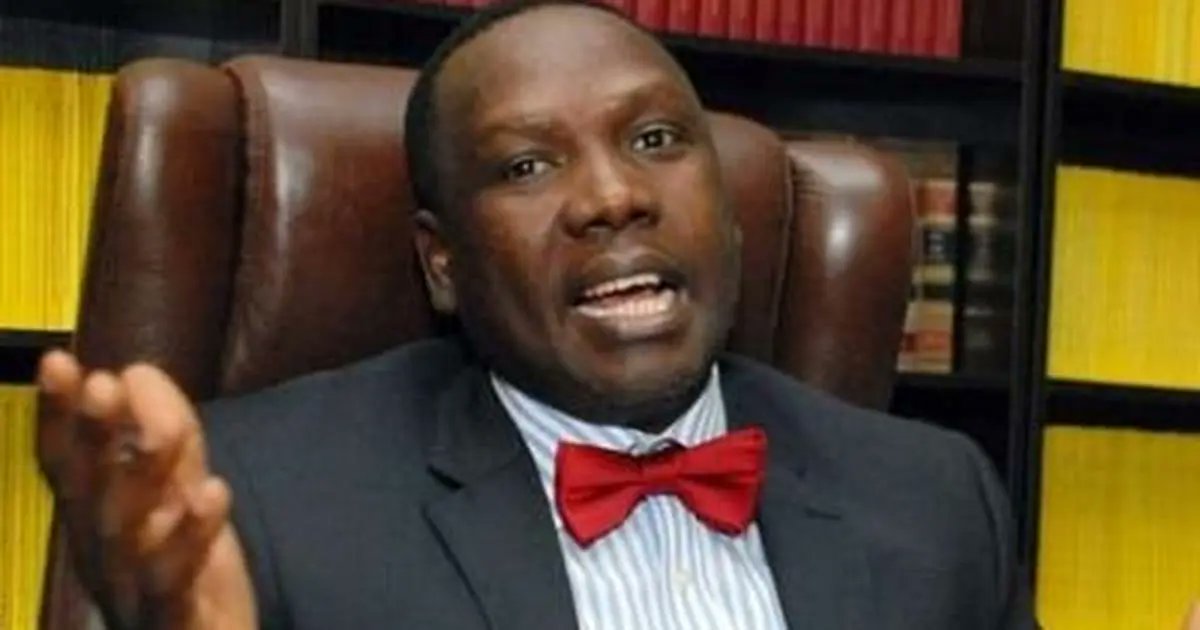
Iran Strikes Again as Khamenei Declares ‘Punishment Will Continue’

In an alarming escalation of hostilities in the Middle East, Iran has launched a new barrage of ballistic missiles towards Israel, marking yet another chapter in what is rapidly becoming one of the most volatile confrontations in recent history. The strike, confirmed early Monday by the Israel Defense Forces (IDF), sent shockwaves across the region, with air raid sirens blaring across multiple Israeli cities as residents scrambled for cover.
According to the IDF, the missile barrage was detected in the early hours of the morning. “The defense systems are working to intercept the threat,” a brief but urgent statement posted on X (formerly Twitter) read. The statement also urged civilians to seek immediate shelter, raising fears of casualties and infrastructural damage, though no detailed reports have emerged as of press time.
The development follows weeks of mounting tension between the Islamic Republic of Iran and the State of Israel, with both sides trading accusations, threats, and now open missile fire. What makes this latest attack particularly significant is not just the scale of the strike, but the chilling rhetoric that accompanied it. In a nationally televised address, Iran’s Supreme Leader, Ayatollah Ali Khamenei, delivered a scathing condemnation of Israel, accusing it of committing egregious crimes and vowing that retribution was far from over.
“The Zionist enemy has made a grave mistake, committed a great crime; it must be punished and is being punished right now,” Khamenei declared, his voice laced with fury. The Supreme Leader made it clear that the current assault was not a one-off but part of an ongoing campaign of retaliation. “Punishment will continue,” he warned ominously, a declaration that left many analysts speculating about Iran’s long-term military objectives and regional ambitions.
Interestingly, Khamenei made no direct mention of the United States or President Donald Trump, even as Washington’s involvement in the region grows more pronounced by the day. This omission may suggest a calculated strategy by Iran to focus its narrative strictly on Israel, while leaving the door open—however slightly—for diplomatic maneuvering with other global powers.
The attack has rattled nerves far beyond Israel and Iran. Regional players including Saudi Arabia, the United Arab Emirates, and Jordan have reportedly gone on high alert, fearing the possibility of being dragged into a broader conflict. International observers have warned that if the current hostilities are not contained, the Middle East could descend into a full-scale war that would destabilize not just the region but potentially the entire globe.
In Tel Aviv, the mood was tense but defiant. Israeli Prime Minister Benny Gantz convened an emergency security meeting shortly after the missiles were detected. While no official statement has been released by the Prime Minister's office, leaks from high-ranking officials suggest that Israel is preparing a "measured but firm" response. Military analysts believe that a retaliatory strike is not only likely but imminent, potentially setting off a fresh wave of violence.
“We are not afraid,” said Avi Rahman, a resident of Haifa who was forced to take cover in a public shelter. “We’ve lived with threats for decades, but this feels different—this feels more serious. We’re bracing ourselves for what comes next.”
Global reactions have begun to pour in. The United Nations has called for an immediate cessation of hostilities, urging both nations to engage in dialogue rather than destruction. The European Union has issued a strongly worded statement condemning the missile attacks, while also urging Israel to exercise restraint. China and Russia, both of whom maintain complex relationships with Iran, have so far remained largely silent, a fact that has not gone unnoticed by political analysts.
Back in Iran, state media broadcast images of the missiles being launched from undisclosed locations, accompanied by patriotic music and images of Khamenei surrounded by military commanders. The broadcasts painted the missile strikes as a just and necessary response to Israeli aggression, further inflaming nationalist sentiment within the country.
On the streets of Tehran, there were scenes of both celebration and apprehension. “It’s time someone stood up to Israel,” said one local resident who declined to be named. “They’ve gone too far for too long.” Yet others expressed concern that the current trajectory could plunge the country into a prolonged and costly war. “We need jobs, food, stability—not missiles and war,” another citizen lamented.
The roots of the Iran-Israel conflict are deep and complex, shaped by decades of political, religious, and military rivalry. However, the latest events suggest a dramatic shift from covert operations and proxy battles to open confrontation, a development that many hoped would never come to pass.
For now, the world watches with bated breath. The skies over Israel remain tense, and Iran’s defiant tone shows no signs of softening. With both nations appearing to dig in their heels, the prospect of de-escalation grows dimmer by the hour. What lies ahead could be one of the most defining military confrontations of the 21st century, with implications that stretch far beyond the battlefields of the Middle East.
As Ayatollah Khamenei’s words echo across the region—“Punishment will continue”—one thing is certain: peace is no longer the status quo. The world is standing on the edge of a dangerous precipice, and the clock is ticking.


